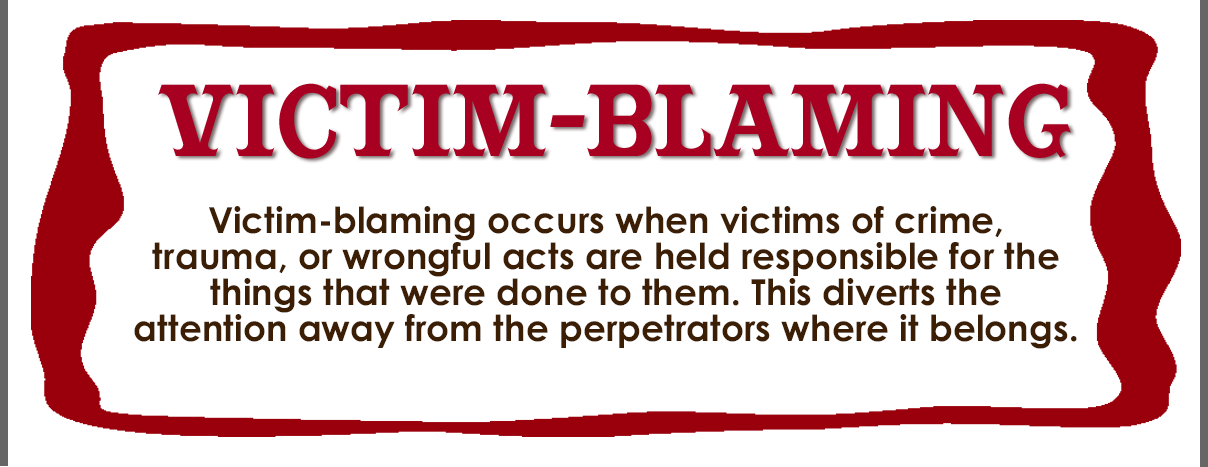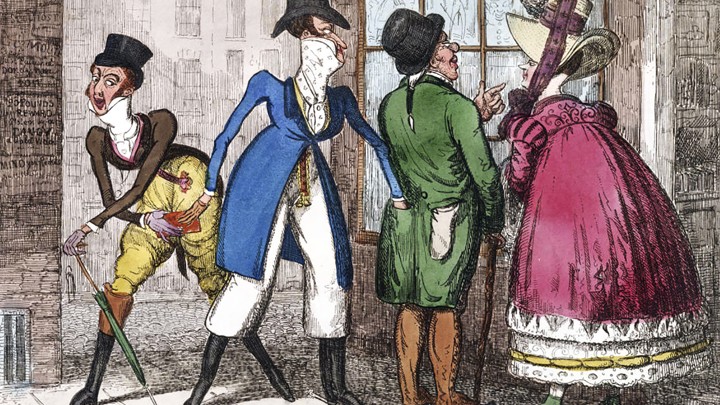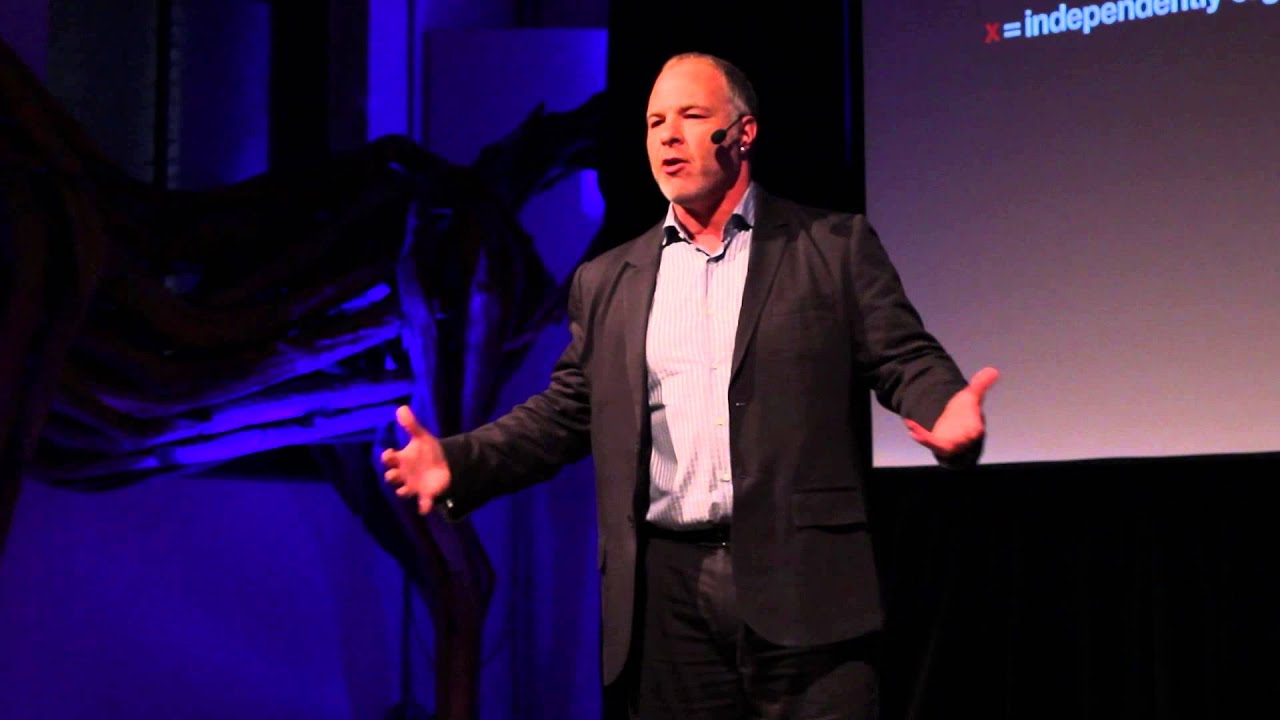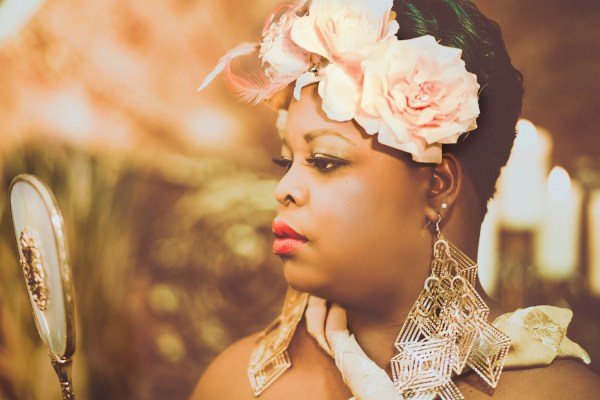Victim-blaming
This site is dedicated to help educate survivors, law-enforcement, other professionals, families, friends, and the general public about the consequences and harm related to blaming or shaming victims.


This site is dedicated to help educate survivors, law-enforcement, other professionals, families, friends, and the general public about the consequences and harm related to blaming or shaming victims.
by Christine Marie, PhD When someone discloses that she has been sexually assaulted, the way you react is a key factor in helping her recover. The first time she disclosures her experience is an extremely…

While victim-blaming isn’t entirely universal, in some ways, it is a natural psychological reaction to crime. Not everyone who engages in victim-blaming explicitly accuses someone of failing to prevent what happened to them. In fact,…

Domestic violence and sexual abuse are often called “women’s issues.” But in this bold, blunt talk, Jackson Katz points out that these are intrinsically men’s issues — and shows how these violent behaviors are tied…

This article reviews research literature examining the effects of key factors that influence individual’s attitudes towards victims of rape. The impact of rape myths, gender roles and substance use on attributions of blame in cases…

Stereotypes about Black sexuality fostered hypotheses that racial factors and racism influence rape victim blaming. Compared to intraracial rapes, interracial rapes were less uniformly judged as “definitely rape” and were judged as having more culpable…

There is one type of victim that rarely gets blamed and that is the ‘ideal victim.’ Examples of ideal victims include young children as well as adults who were victimized by strangers while engaging in…

To say that all cult survivors completely lack an identity is victim-blaming, humiliating, retraumatizing, and false.…